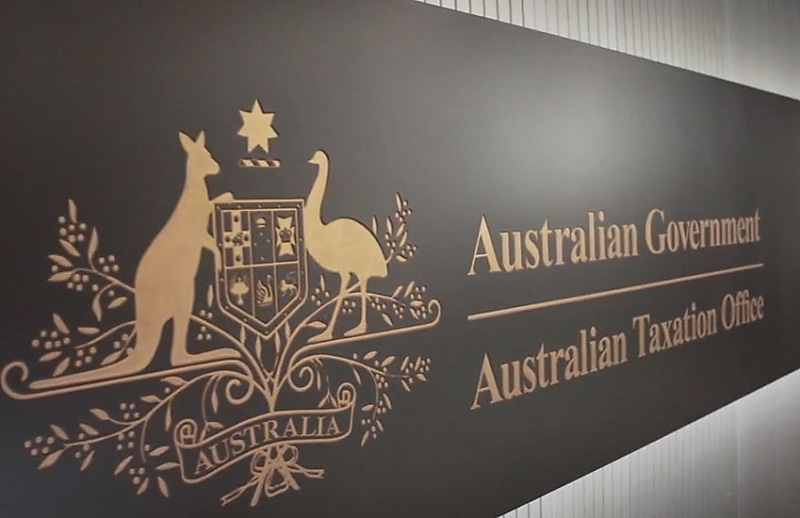Beware barter credit tax, super schemes, ATO cautions
TaxThe Tax Office is warning taxpayers to be wary of any emerging tax schemes that may involve barter credits, tax avoidance, tax evasion and super.

Tax schemes involving artificially inflating deductions for donations of barter credits to deductible gift recipients (DGRs) are on the rise and must be avoided, according to the ATO.
Schemes involving reducing a participant's taxable income, increasing deductions against income, increasing offsets, inflating refunds, avoiding tax and other obligations entirely, accessing super benefits before meeting a condition of release, were also flagged as schemes to be wary of and avoid at all costs.
Barter credits referred to a type of currency used in some business networks and could appear enticing, yet promoters and taxpayers have been warned they could potentially face significant consequences if they were to be involved.
Erin Dale, ATO deputy commissioner, said the ATO was putting promoters and participants of such schemes “on notice”.
“While it’s not unlawful for DGRs to accept barter credits as donations, participating in arrangements where deductions for barter credits are artificially inflated could be fraud and may result in an investigation by the ATO,” she said.
“We are concerned that such schemes are being enabled by several barter exchanges that are allowing participants to access barter credits with a nominal face value that is much more than any payments actually made to the exchange.”
This was highlighted to be an issue in the instance that someone paid the barter exchange a small cash sum to access barter credits that were larger than their actual value.
This resulted in participants then donating these barter credits to DGR and claiming a larger tax deduction than they’re entitled to, which would lead to those involved having to repay the tax, face heavy penalties, interest and potential legal action.
Dale said under the promoter penalty laws, the ATO had the ability and power to impose heavy civil penalties on anyone promoting unlawful tax schemes.
“Be wary of people promoting this scheme, or any scheme that promises to significantly reduce or avoid paying tax. Some may even be financial advisers or tax agents. Our website lists examples of tax schemes we’re concerned about,” she said.
“If it sounds too good to be true, it probably is. If you think you’re involved in an unlawful tax scheme, we can help you. If you proactively approach us, you may be eligible for a reduction in penalties.”
It was also noted by the ATO that these types of schemes took money away from the community, as well as undermining public trust in not-for-profits that had a DGR status, as the DGRs receiving these donations may be unaware they were involved within a tax scheme.
The Tax Office also warned to be wary of other tax and super schemes, as some advisers would look for new ways to exploit the law or changes in the law, as well as promising benefits to people that weren’t legally available.
It was noted that some tax advisers may attempt to promote tax and super schemes by inappropriately claiming they were supported by ATO rulings, as well as targeting Australians planning for their retirement by advising them to send money inappropriately through their SMSF.
The ATO said if a scheme had been offered that seemed “too good to be true” or “off the beaten track”, it could be confidentially reported.
“Taxpayers who have been offered a scheme that they suspect is unlawful, should reject it and report it to the ATO.”




